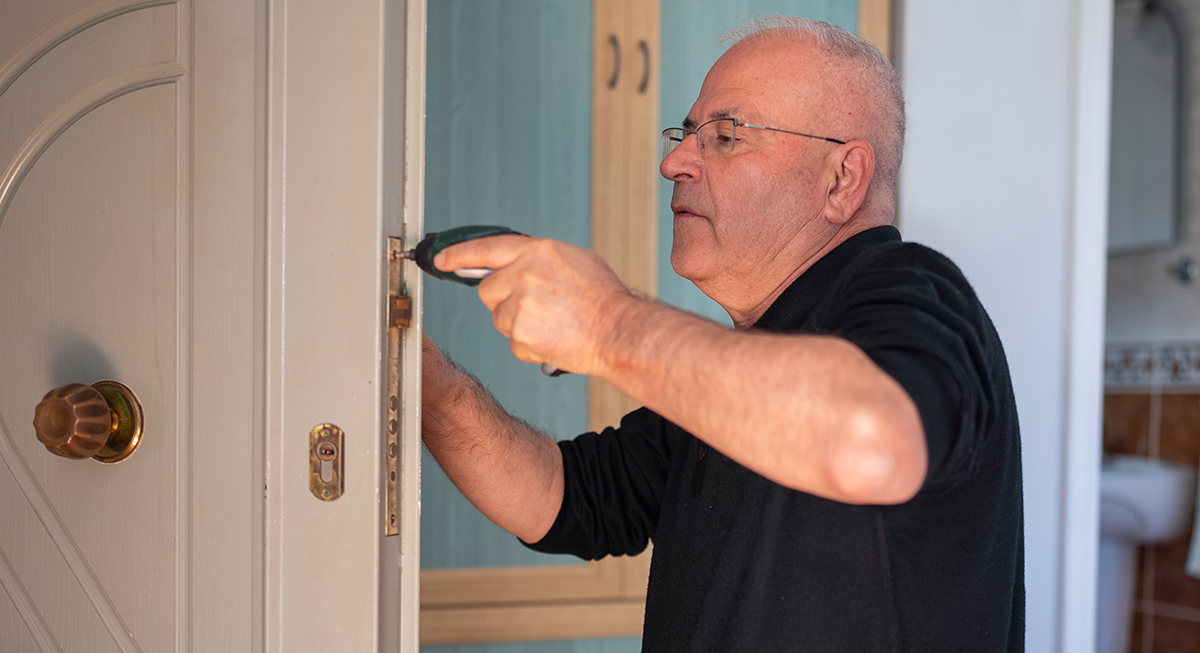 Most people think of April when they think of tax season, but I'm here to advocate that you should make a point to complete your tax return in March (if you haven't done it already).
Most people think of April when they think of tax season, but I'm here to advocate that you should make a point to complete your tax return in March (if you haven't done it already).
Why Should You Complete Your Tax Return in March?
While some people (like me) enjoy the satisfaction of completing my tax return, many people very much dread the process. There's so much paperwork. So many numbers. And it can be overwhelming. But if you give yourself time to do your taxes, rather than just throwing everything together at the last minute, the process becomes less stressful.
Additionally, if you are owed a refund, you want to get that money in your pocket now! Don't let the government continue to hold onto it for free!
What if I Owe Money?
I get it. If you owe money, you certainly don't want to file early because you want to hold onto your money as long as possible.
First off, just because you've completed your return doesn't mean you have to file it right away. You can complete all the forms and have it sitting, ready to go and then submit it in April. Just don't forget to submit it!
I completed my taxes this past weekend, and owed money on my federal return. The tax software I used gave me the option to select a date that my payment would be debited from my bank account. So even though I filed my taxes at the beginning of March, I could select that I didn't want the money to be paid until April. (Since I'm getting some money back from the state, this also gives me the advantage of using that refund to pay what I owe the feds.)
How Should I Prepare My Tax Return?
If you make under $66,000, you are eligible for the IRS's free tax filing software. I've never used it, but free is my kind of price. Of course, you can always fill out the forms by hand, no matter what your income, but you do need to know what you're doing.
You can also use tax software (some of which is free, some of which comes with a fee) such as TurboTax, TaxAct, CreditKarma, or many others. I personally use TurboTax, mainly because it's what I've used for years and I'm happy with it. I can't tell you that it's the best option, just that it works for me.
You can also go to an accountant or a tax preparation service. I recommend this route if your situation is excessively complicated. For most of us, we should be able to do it on our own with the help of software.
So What Should I Do to Get Started?
If the idea of sitting down and doing your taxes from start to finish makes you cringe, I recommend breaking the project down into smaller pieces. After all, you're getting started early, so you have time!
First and foremost, you need to make sure you have all the relevant forms. How did you make money this year? Do you have a W-2 or a 1099 from a job? Interest from a bank account? This will either be a 1099, or you can just pull up your account statement from December. How about stock dividends? Those come in a 1099-Div from your broker.
Then think about deductions. Where did your money go this year? Mortgage interest? Student loan interest? State and local taxes paid? Property taxes? Charitable contributions?
Once you've got all that together, you're ready to start your return. One thing I like about the software I use is that it steps me through the process and I can stop at any point, save, and come back to it later. It's very low pressure.
Don't Stress
Whatever method you use, don't stress about it. Your risks of an audit are super low. Just enter everything honestly and to the best of your knowledge. A number of years ago, I got a letter back from the IRS saying that something had been calculated incorrectly and I actually owed them $100 (basically, I had been over-refunded because I entered something wrong). It wasn't a big deal at all - it was my mistake, but I didn't owe any penalties, just had to pay back the overage. That experience has made my taxes so much less stressful. As long as I'm doing everything to the best of my ability and not trying to hide anything, it will be a smooth process.
You can do this. Go, get those taxes done this month, and enjoy April knowing that you're not among the rushed.









